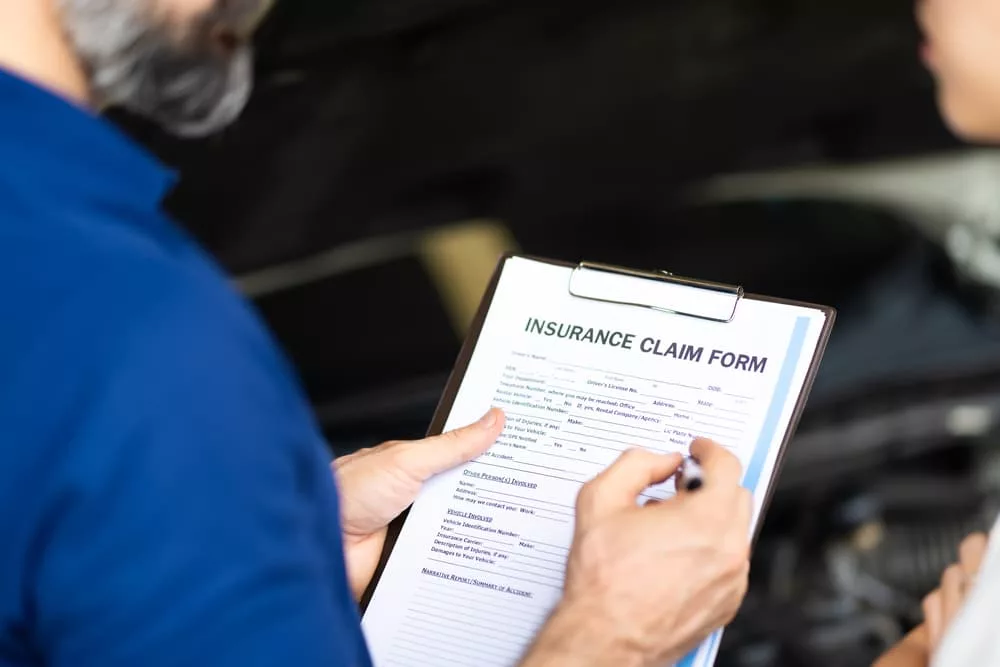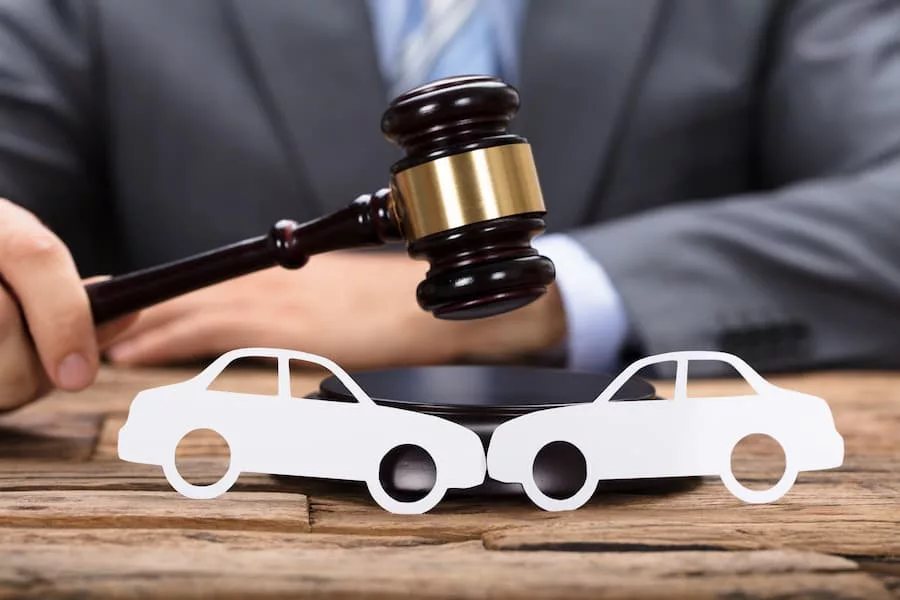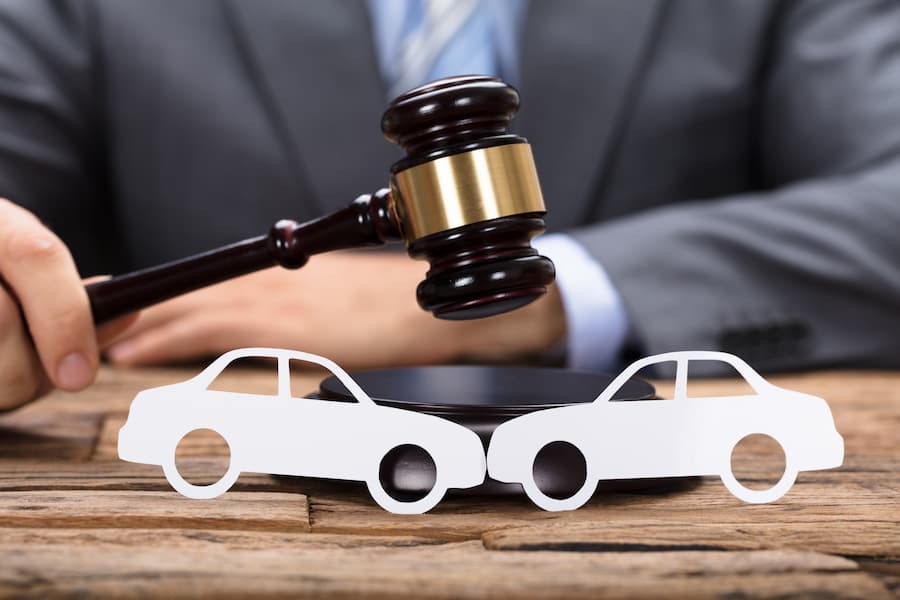How Much to Expect From a Car Accident Settlement
Did you recently get hurt in a car accident in Miami, Florida? If so, you might be dealing with a painful recovery, and the last thing you want to think about right now is what all this could do to your bank account. But when the bills keep coming, and you’re still too hurt to work after an accident, dealing with the financial fallout is a must. That’s why many car accident victims turn to insurance to get the money they need.
Auto insurance should cover your medical bills, lost wages, and other crash-related expenses in most car accident cases. But the claims process looks different for everyone, so you might not know what to expect in terms of how much money you can claim and when you might get it. This lack of knowledge makes it much harder to plan for the future and get your finances back on track after an accident.
Following are some factors that could affect your car accident settlement and tips about what you can do to maximize the value of that settlement. We’ve provided more information about the settlement process and how you can claim your monetary award after the fact. Reach out to a car accident lawyer.
How Florida’s No-fault Insurance System Will Apply to Your Case
Florida is one of a dozen states that follows a no-fault auto insurance system. Under Florida’s no-fault law, all drivers must carry at least $10,000 in personal injury protection (PIP) insurance, a type of no-fault coverage that pays out no matter who is at fault for an accident. So if you get hurt in a Florida car accident, you must rely on your own insurance company for coverage, even if another driver is clearly at fault.
When you file a valid PIP claim after an accident, your policy should cover 80 percent of your medical bills and 60 percent of your wage losses, up to the policy’s limits. In some cases, you can avoid paying for the remainder out of pocket by filing additional insurance claims or even exploring the possibility of a lawsuit.
For instance, if you exhaust the limits of your PIP coverage, you could file a claim with your health insurance company seeking reimbursement for out-of-pocket healthcare costs. And if you sustain a severe injury in the crash, you could even sidestep the usual no-fault insurance restrictions and file a third-party claim against another driver.
No-fault insurance restrictions only apply to injury claims, so there’s nothing to stop you from filing a property damage claim against an at-fault driver.
Factors That Could Affect the Value of Your Car Accident Settlement
Every car accident case is different, and multiple factors could affect the value of your unique car accident settlement, such as:
- The nature and extent of your injuries. The nature and extent of any injuries you sustain in the car accident will significantly affect the value of your claim. The more serious your crash injuries are, the higher your settlement will likely be.
- The cost of your medical expenses. The cost of any medical care you need to treat your crash injuries will also play a significant role. This includes costs like ambulance rides, emergency services, diagnostic tests, hospital stays, doctor’s visits, prescription medications, and therapy sessions.
- The cost of future medical expenses. In addition to the costs of past and present medical care, you could also seek compensation for medical expenses that you and your doctor believe you will likely incur in the future due to the crash.
- How much time you miss at work. If your crash injuries force you to take time off from work, you can seek compensation for wage losses you incur as a result. So, the more time you miss at work due to your injuries, the more valuable your injury claim could be.
- How your injuries affect your career. If you can’t earn as much money at work as you could before the crash because of your injuries, you could increase the value of your claim by seeking compensation for losses in your lifetime earning capacity. The same is true if you cannot return to work at all because of your accident-related injuries.
- How the injuries affect your quality of life. A serious car accident injury can rob you of more than just time and money. Serious injuries can also greatly impair your overall quality and enjoyment of life, and you can claim compensation for these subjective, personal losses.
- Who is liable for the car accident. Your options for seeking compensation can vary depending on who is liable for the accident. If other parties are primarily liable, you are more likely to receive a higher settlement. You would also have more chances to seek maximum compensation if multiple parties were liable since you could file various injury claims.
- The types of insurance coverage available. If you did not sustain a severe injury in the crash, filing a claim with your own insurance might be your only option, in which case the specifics of your policies would limit the amount of money available to you. If you did sustain a severe injury, the value of your insurance claim could vary depending on the other driver’s coverage limits.
- The strength and quality of the evidence. The type and quality of any evidence you present with your injury claim will also be a factor. The stronger and more thorough your evidence, the more money you can claim for your crash injuries.
- Whether or not you work with an attorney. Working with an experienced personal injury lawyer can significantly increase the value of your settlement. Car accident attorneys have extensive experience putting cases together, dealing with insurance companies, and negotiating aggressively for maximum compensation.
Types of Compensation Available in a Car Accident Settlement
When you file a PIP claim, you can only seek compensation for medical expenses and wage losses that stem directly from your crash injuries.
But if you have grounds for a third-party insurance claim or personal injury lawsuit, you can seek more money for losses such as:
- The full value of your hospital bills and other crash-related medical expenses
- Incidental expenses, such as out-of-pocket travel costs for doctor’s appointments
- The full value of any wage losses you incur due to time you miss at work
- The projected value of losses in future earning capacity due to permanent injuries
- The subjective costs of your pain, suffering, and lost quality or enjoyment of life
- The costs of repairing damage to your vehicle or replacing a totaled vehicle
What Happens if You Partially Caused a Florida Car Accident
Being partially at fault for a Florida car accident won’t affect your ability to file a PIP claim and get compensation through your own insurance. Florida designed its no-fault system to protect accident victims from having to pay out of pocket in such scenarios.
However, your level of fault could affect the value of your compensation if you have grounds for a third-party insurance claim against another motorist. Under Florida law, you can file an injury claim against another party even if you share some fault for the accident yourself.
The compensation available to you decreases based on your percentage of fault. In other words, the more you are at fault for an accident, the less money you can claim from other parties who are also at fault.
This is where a good lawyer can prove particularly helpful, as they know how to argue down your share of fault and increase the compensation you can pursue from others.
Steps You Can Take to Increase the Value of a Car Accident Case
Some factors are out of your control when it comes to the value of your car accident injury case, but there are other factors you can influence.
Here are some steps you can take after a Florida car accident to increase the potential value of your settlement:
- Seek medical attention as soon as possible
- Listen to your doctor and follow their care plan
- Document your recovery in a pain diary
- Make entries in your diary for every medical appointment you attend
- Take photos of vehicle wreckage and the crash scene
- Take photos of any visible injuries you sustain
- Politely ask eyewitnesses to provide statements
- Get copies of the crash report from the police
- Keep copies of medical bills and other records
- Watch what you say to the insurance companies
- Avoid posting on social media until after you settle
- Contact a knowledgeable car accident lawyer for help
Types of Evidence You Can Use To Prove a Car Accident Claim
When you work with a personal injury lawyer after a Miami car accident, they can help you identify and preserve the following types of evidence to support your injury claim:
- Photos of the accident scene, vehicle wreckage, and visible injuries
- Video footage of the collision from dashboard, helmet, or traffic cameras
- Information from the official crash report, such as toxicology test results
- Statements from reliable eyewitnesses who saw the collision occur
- Testimony from expert witnesses, such as accident reconstruction specialists
- The other driver’s cell phone, GPS, and vehicle maintenance records
How a Car Accident Lawyer Can Maximize Your Claim Settlement
The idea of negotiating a fair settlement after a Florida car accident might seem exhausting, but the good news is that you don’t have to do it alone.
When you work with a trusted car accident lawyer, they can handle every aspect of your case and work to maximize the value of your settlement by:
- Evaluating your case for free and explaining your options in a free consultation
- Estimating the value of your case and identifying sources of compensation
- Investigating the potential causes and consequences of the car accident
- Communicating with insurance companies and other parties on your behalf
- Obtaining medical records, crash reports, and other useful documentation
- Interviewing eyewitnesses and reliable experts for compelling case testimony
- Managing essential case documents, details, and deadlines on your behalf
- Filing insurance claim paperwork and negotiating with insurers on your behalf
- Taking your case to court and representing you at trial if the other side won’t pay
How Long You Have to File a Lawsuit After a Florida Car Accident
If you are considering filing a lawsuit against the other driver after a Florida car accident, you should know that state law gives you only four years to sue. This four-year window begins on the date when the accident occurs, meaning your time starts running out the moment you get hurt. If you wait too long to file a lawsuit, you could lose the right to sue.
The four-year time limit is important even if you don’t intend to sue since the insurance companies negotiate settlement offers based on what they think could happen in court. If the insurance adjuster knows you’re past the deadline for a lawsuit, they will have no incentive to negotiate with you because you will have lost your main bargaining chip.
How to Collect Compensation After You Resolve Your Case

Two key ways to receive your money after settling a car accident injury claim are a lump-sum payment or a structured settlement plan. There are pros and cons to each.
When you choose a lump-sum settlement, you receive a one-time payment for the entire value of your claim settlement. The main benefits of lump-sum payments include that they are straightforward and you get all of your money immediately.
A lump sum payment could be ideal if you are waiting on a chunk of change to pay off large bills or make a big purchase. However, many people don’t want lump-sum settlements because they are too easy to spend all at once and could affect eligibility for government benefits.
If you select a structured settlement, on the other hand, you receive your settlement money in regular payments over time. A structured settlement plan is useful because it provides a steady income stream, preventing you from spending everything you have too soon. Reach to a personal injury lawyer.
Structured settlement payments are also usually tax-free and less likely to affect your eligibility for government benefits. An attorney can help you determine which type of settlement is right for you.
Related articles
Related articles Related articles Related articles Related articles Related articles Related articles Related articles Related articles Related articles Related articles
Car Accident
18 Jan 2024
Who Is Liable if a Road Hazard Causes a Car Accident?

Car Accident
16 Jan 2024
How to File a Car Accident Claim as a Passenger





